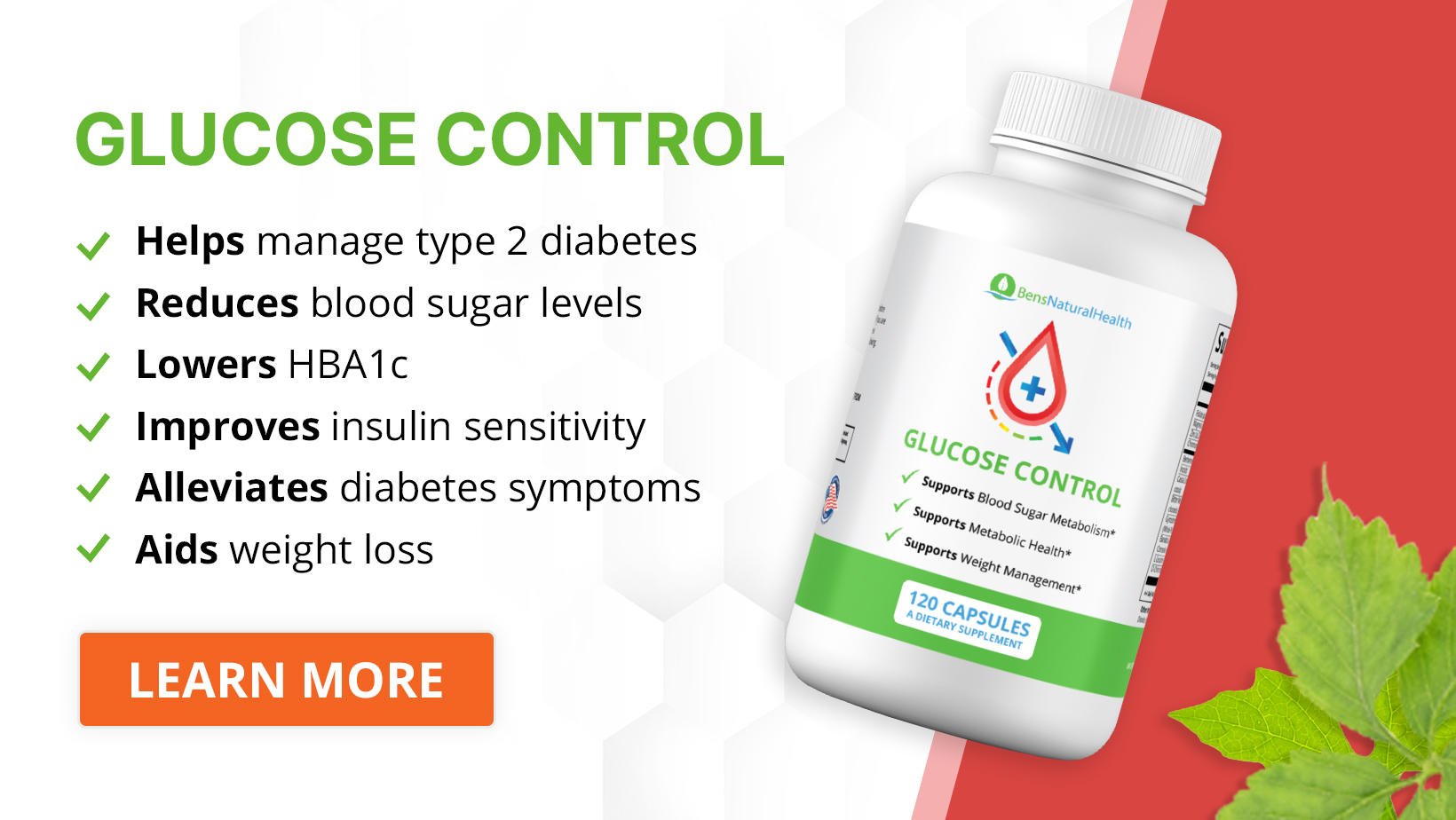- What is Type 2 diabetes?
- What is considered new-onset diabetes?
- What happens after being diagnosed with type 2 diabetes?
- What should I know about newly diagnosed diabetes?
- Lifestyle changes to make after a type 2 diabetes diagnosis
- Managing type 2 diabetes
- Type 2 diabetes coping tips and support
- Can newly diagnosed type 2 diabetes be reversed?
- Conclusion
- Source
Being newly diagnosed with type 2 diabetes can be confusing and overwhelming with all the new things you have to learn and understand.
Living with diabetes takes a lot of work and can take a toll on your physical and mental health.
The good news is type 2 diabetes is reversible, and there are things you can do to help you cope so you can stay strong mentally and physically.
What is Type 2 diabetes?
Type 2 is the most common type of diabetes. In type 2 diabetes, your body has an impairment in the way that it regulates and uses sugar as fuel. This causes blood sugar to be too high.
What is considered new-onset diabetes?
A doctor diagnoses type 2 diabetes using hemoglobin a1c. A hemoglobin a1c of 6.5 percent or higher on two separate tests indicates diabetes.
Symptoms of type 2 diabetes include the following:
- Increased thirst
- Frequent urination
- Increased hunger
- Unintended weight loss
- Fatigue
- Blurry vision
- Slow healing sores
- Frequent infections

What happens after being diagnosed with type 2 diabetes?
Your doctor may recommend medication. It might take some time for you to find the right medicine and dosage.
You will usually need to change your diet and increase activity levels. You will also need to go for type 2 diabetes checkups regularly. Additionally, you should be on the lookout for certain signs to avoid other health problems that may occur.
What should I know about newly diagnosed diabetes?
As a newly diagnosed type 2 diabetics, you will want to test your blood sugar levels in order to identify patterns. Think of your glucose meter as a sort of compass. Test before and after things like meals and exercise.
Knowing your blood sugar levels before and after these events can show you how they affect your glucose regulation.
Get Your FREE Diabetes Diet Plan
- 15 foods to naturally lower blood sugar levels
- 3 day sample meal plan
- Designed exclusively by our nutritionist
Lifestyle changes to make after a type 2 diabetes diagnosis
Nutrition
Be sure to get plenty of vegetables, fruit, and whole grains. Opt for non-fat dairy and lean meats. Limit foods that are higher in sugar and fat. Keep your carb intake minimal and keep it consistent from one meal to the next.
Exercise
Aim for 30 minutes of physical activity most days of the week. An active lifestyle like this can help control diabetes by lowering your blood sugar.
Exercise also has additional benefits, such as reducing your risk of heart disease, helping you to lose weight, and easing your stress.
Managing type 2 diabetes
Regular eye examinations
Schedule an annual physical exam and regular eye exams with your doctor. It’s also important that you keep your vaccinations up to date. This is because high blood sugar can weaken your immune system, leaving you more vulnerable to infectious diseases.
Daily check your feet
Take good care of your teeth since diabetes increases your risk of acquiring more serious gum infections. You will also want to do a daily check of your feet. Look for any blisters, cuts, sores, redness, or swelling.

Type 2 diabetes coping tips and support
In order to cope with type 2 diabetes, you may need a good support network. It is common to have anxiety and depression when you have diabetes.
You may feel like you need support coping with the lifestyle changes or stressors that occur with a diagnosis of type 2 diabetes. Talking to a counselor or therapist can be helpful with this.
Support groups are also a great source of information on diabetes. They can also provide emotional support and other helpful information, like how to find local resources.
If you are interested in this kind of support, your healthcare provider may be able to recommend a group in your area.

Can newly diagnosed type 2 diabetes be reversed?
Fortunately, type 2 diabetes is reversible! There are several studies and evidence reviews that confirm this.
Lower calorie intake
One study found that reducing your calorie intake can reverse the abnormalities of diabetes.
The study found that modifying the diet helped to normalize the function of beta cells and liver insulin sensitivity. Beta cells are in the pancreas and are responsible for producing and releasing insulin to help manage blood sugar levels.
If you are overweight, this excess weight causes your beta cells to work harder in order to produce enough insulin.
Over time, your beta cells can no longer sustain this and can’t function properly. So this study helped to show that having lower calorie intake supports weight loss, which then improves the function of your beta cells.
Low-calorie diet and carb restriction
Another review confirmed that eating a low-calorie diet and carb restriction can also help reverse type 2 diabetes.
The authors of this review also highlighted the importance of further research in this field. They stated that new methods are needed, as society can no longer afford the increasing prevalence of type 2 diabetes.
Weight loss
An additional review discussed how weight loss can induce the reversal of type 2 diabetes. This review found that weight loss and its maintenance can provide long-term stability of beta cell function. Keeping beta cells in balance is important for managing diabetes.
Dietary modifications
Another study looked at 30 people between the ages of 20 and 65, all of whom had a type 2 diabetes diagnosis for a minimum of six years. They were all either overweight or obese.
The intervention group lost at least 15 kilograms due to their dietary modifications! After one year, almost half of the participants reached remission to a non-diabetic state. In fact, they didn’t need to take their diabetes medications anymore!
This study confirms that dedication to dietary changes can help in the reversal of diabetes. The reason weight loss works for this is because it helps you to lose fat and improve the function of the pancreas. When fat builds up, this interferes with pancreatic functioning and therefore causes an increase in blood sugar levels.
Our Best-Selling Book: How To Reverse Type 2 Diabetes
Our best-selling book, How To Reverse Type 2 Diabetes, combines scientific research and modern medicine with holistic healing.
How To Reverse Type 2 Diabetes uses the latest peer-reviewed scientific research, backed by the American Diabetes Association, Diabetes UK, and dozens of other international diabetes research and charitable organizations.

The book lays out an easy step-by-step method to lower your HBA1c levels, restore insulin health, and reverse type 2 diabetes, in less than 90 days without using drugs or side effects!
How To Reverse Type 2 Diabetes contains complete diabetes diet and exercise plans. This, therefore, makes it the definitive guide to reversing type 2 diabetes and achieving type 2 diabetes remission.
Why Choose Ben’s Natural Health?
At Ben’s Natural Health, our motto is to combine holistic healing with modern science.
Ben’s Natural Health is the world’s first high-quality, all-natural, scientifically proven clinical supplement company.
Above all, our supplements are effective, natural, and 100% side effect free.
At Ben’s Natural Health, we have four rules for all our supplements:
- We only use the highest quality ingredients.
- We only use them if independent, peer-reviewed double-blind studies prove they work.
- With all our supplements, we find a way to get every ingredient into a single bottle.
- We always formulate them in clinically significant doses of the most bioavailable form.
Conclusion
You should now have a better understanding of the type 2 diabetes you have been newly diagnosed with. You now know what usually happens after receiving this diagnosis and what kinds of lifestyle changes you can make.
Additionally, you are now armed with information on how to manage your diabetes, as well as tips for how to cope with it and find any support you may need.
If you have type 2 diabetes, you now know that you are not at the mercy of this condition. You do have control here. It is reversible.
With diet and lifestyle modifications, you really can turn your health around and put your type 2 diabetes into reversal or remission.
If you have been newly diagnosed with type 2 diabetes, speak to your health care provider. They will be able to provide you with more knowledge and resources that can help you through this time. But most importantly of all, know that you are not alone and that there is a community of people out there just like you willing to help you through this.
Explore More








